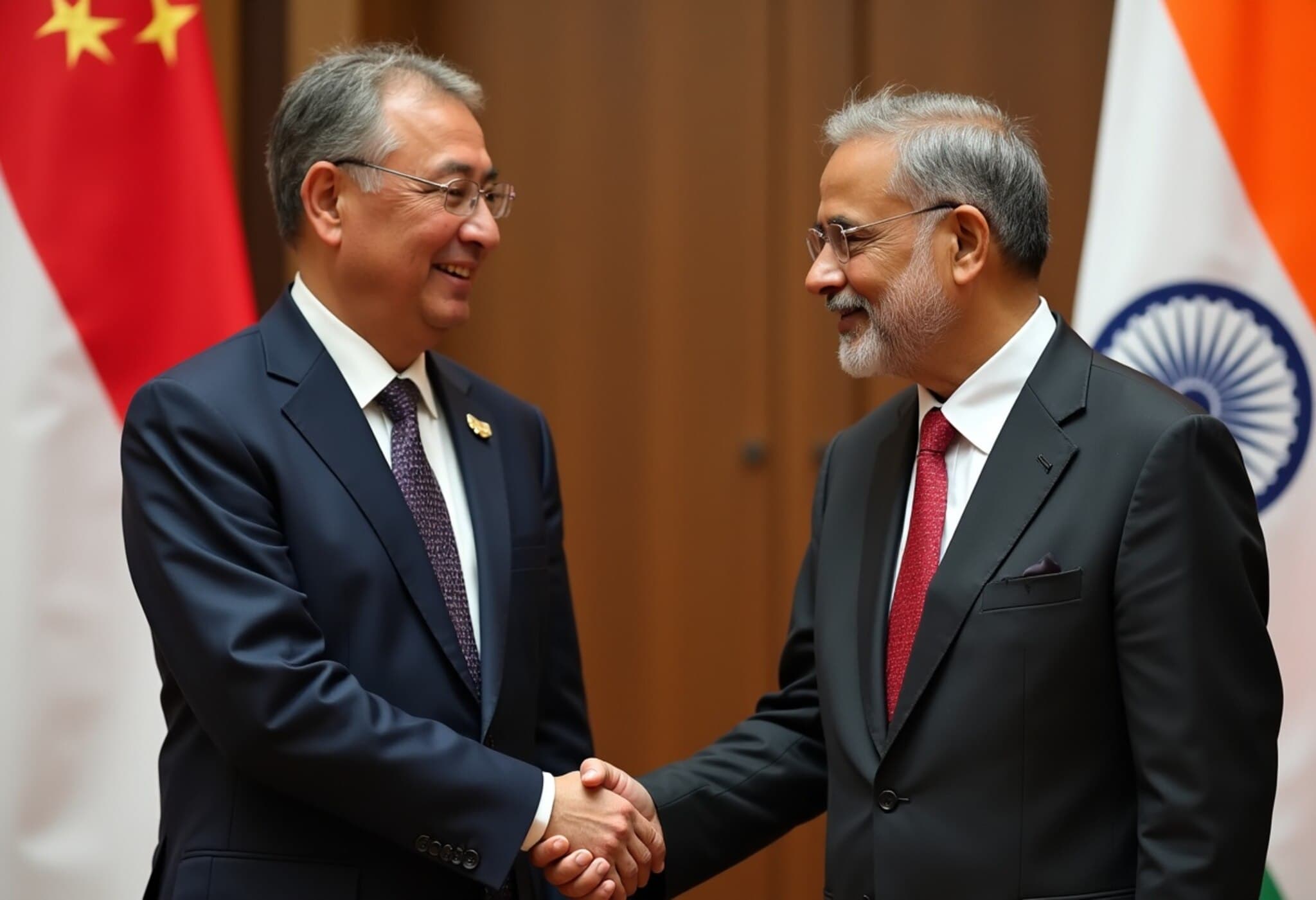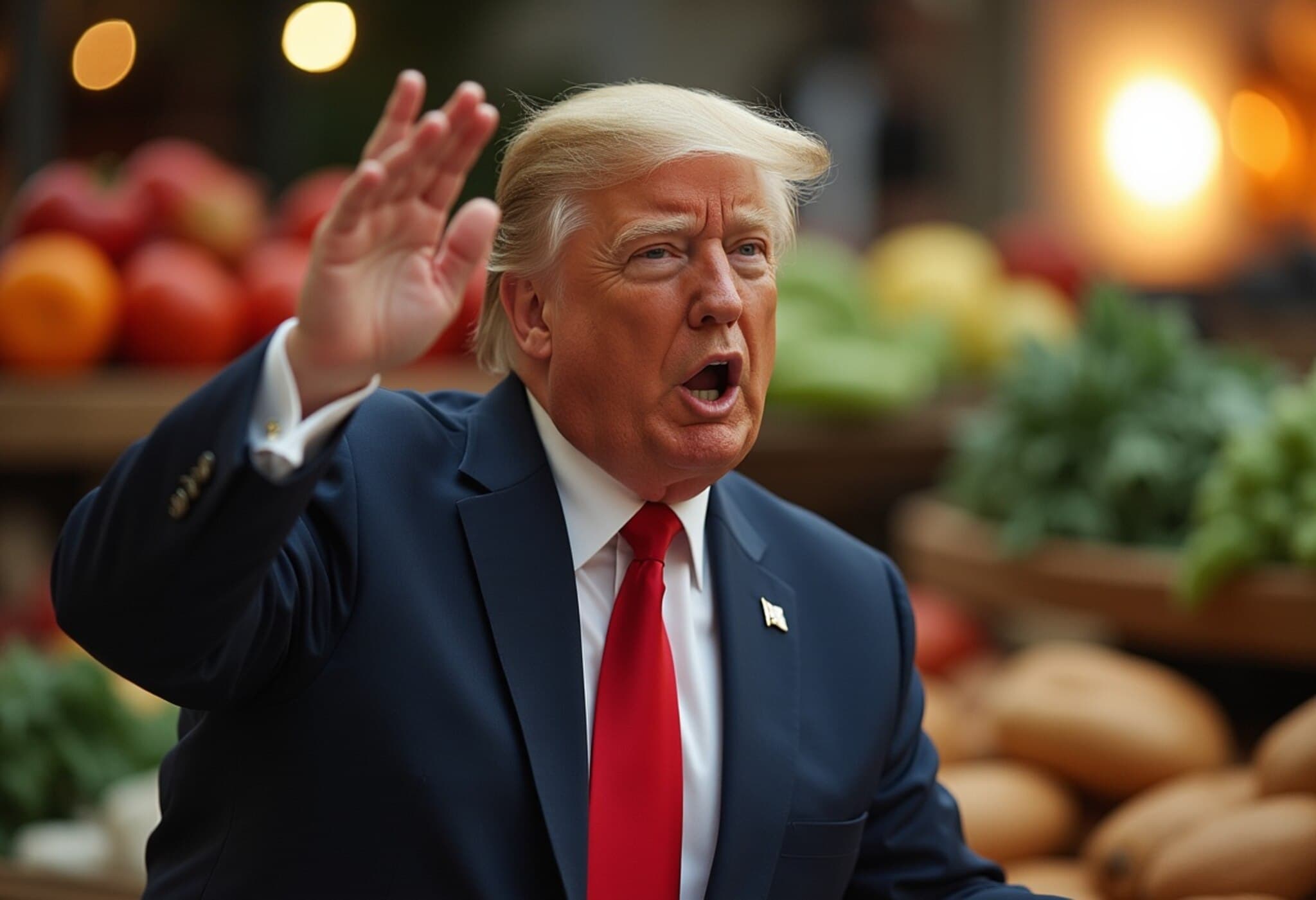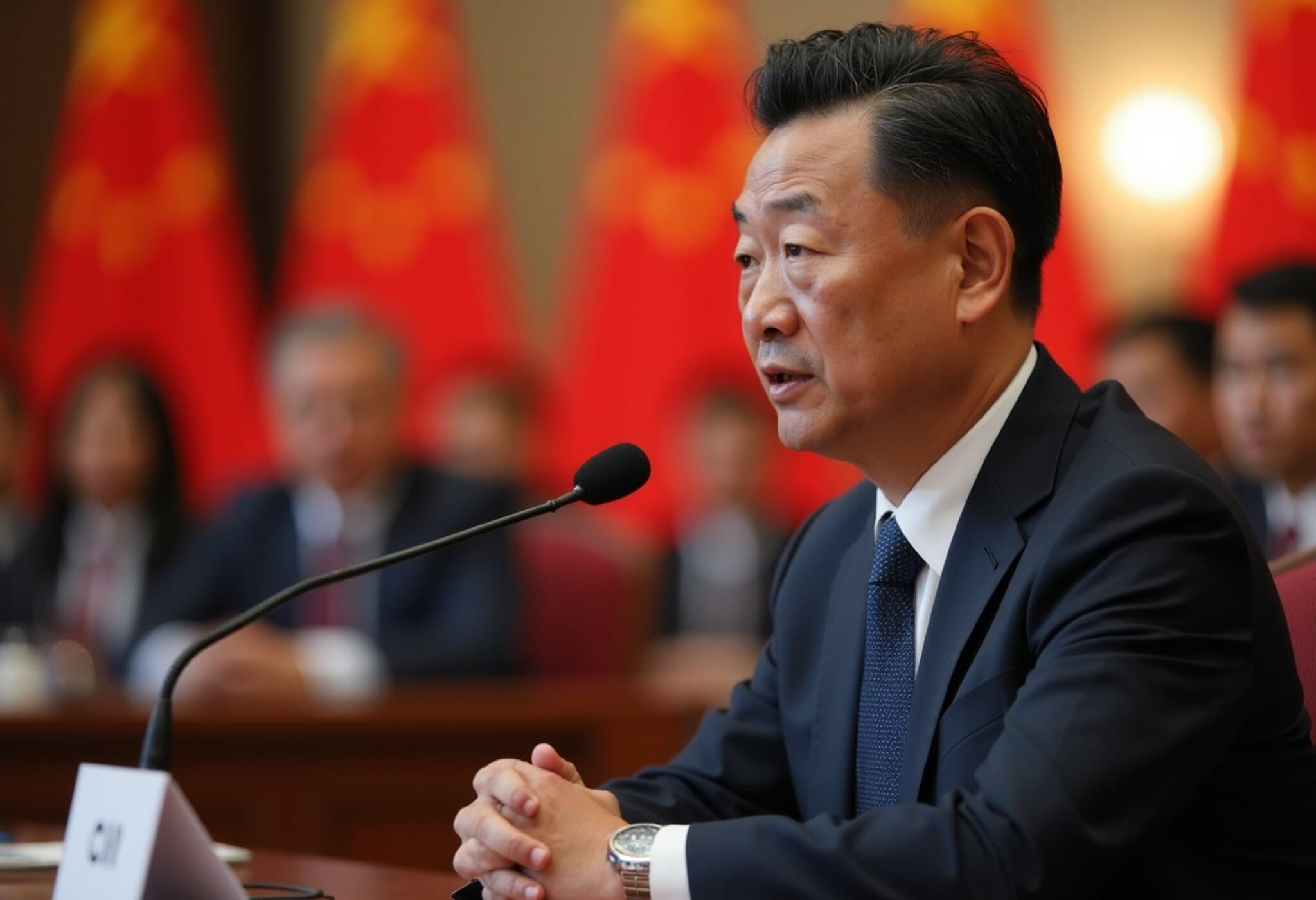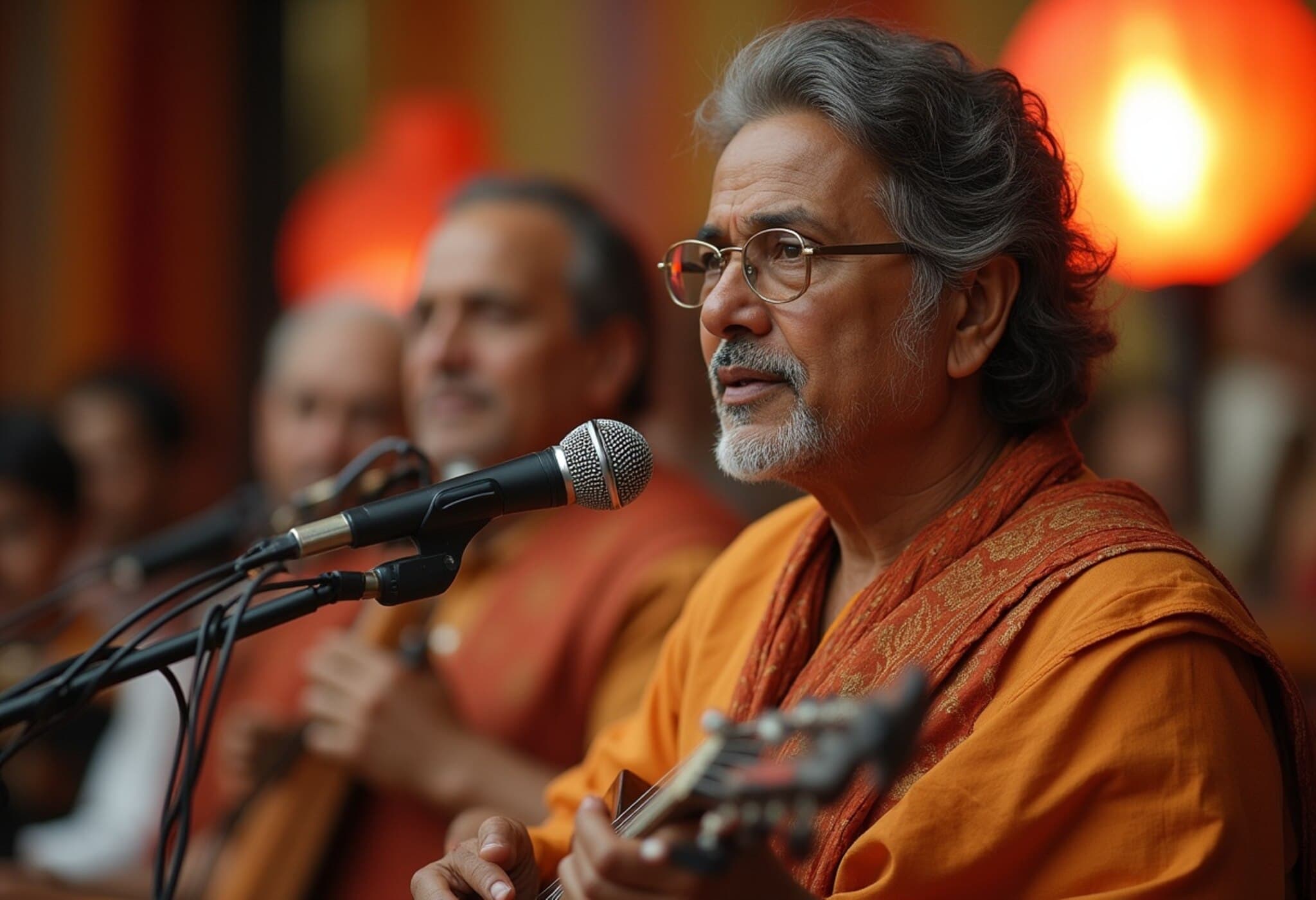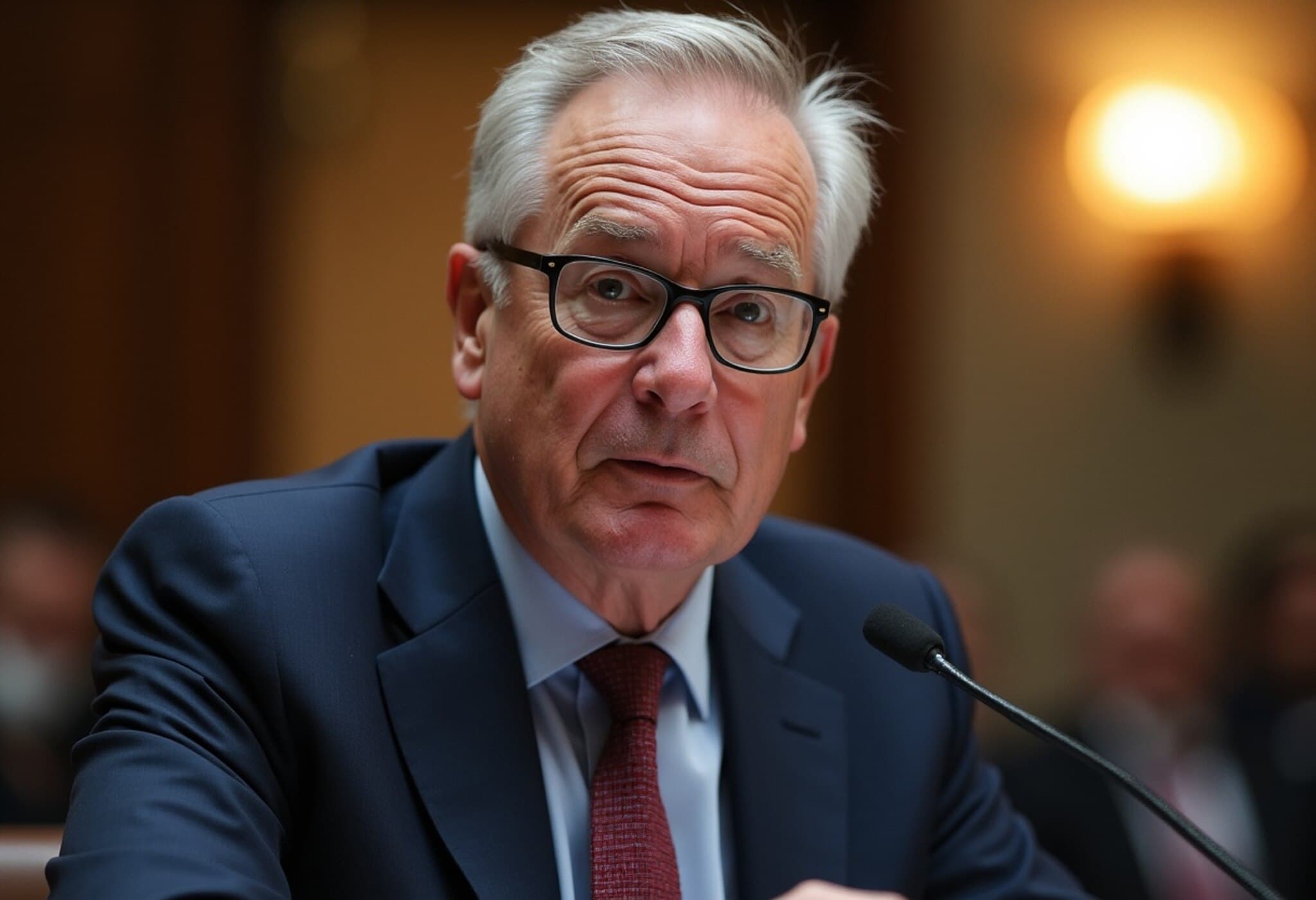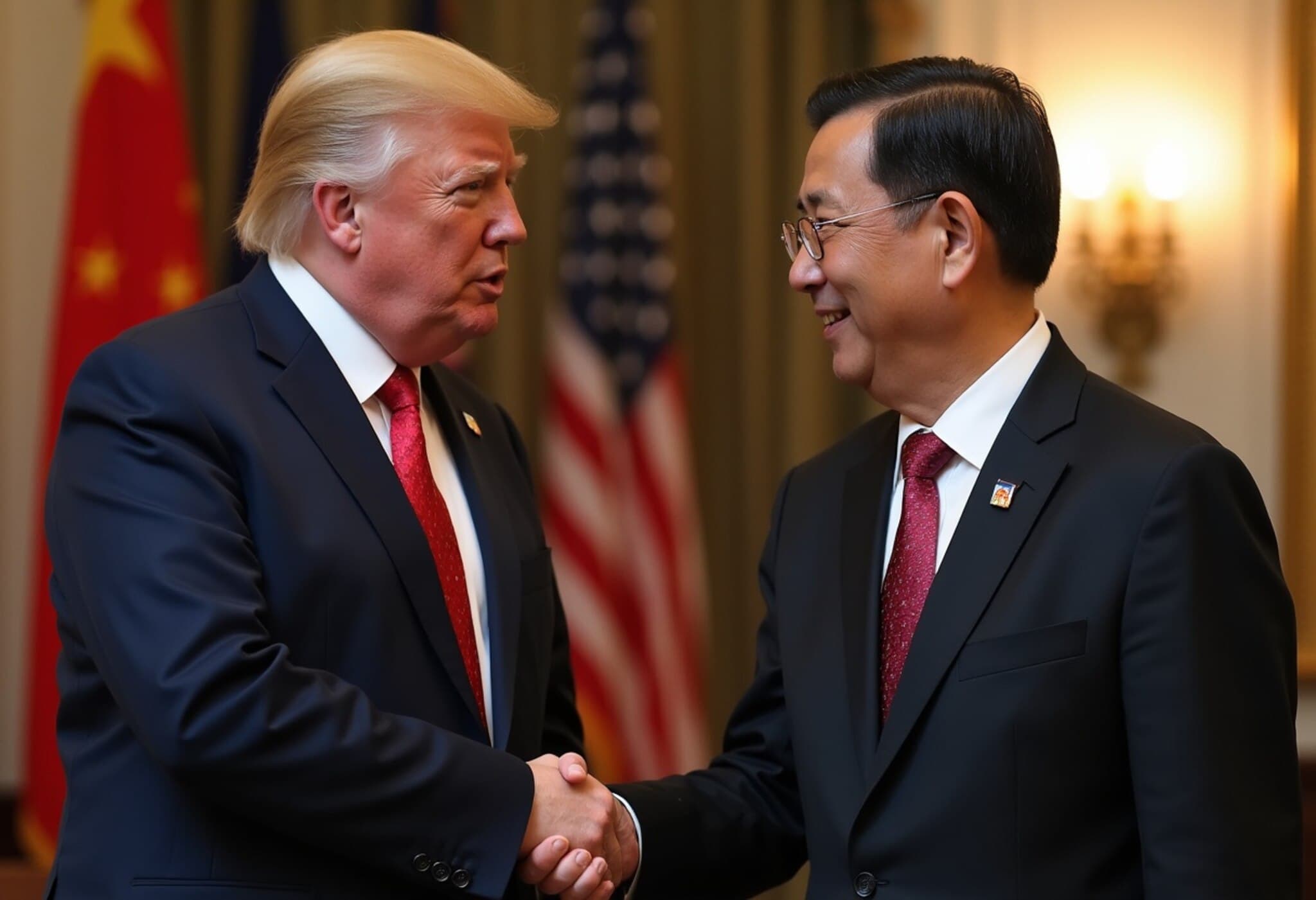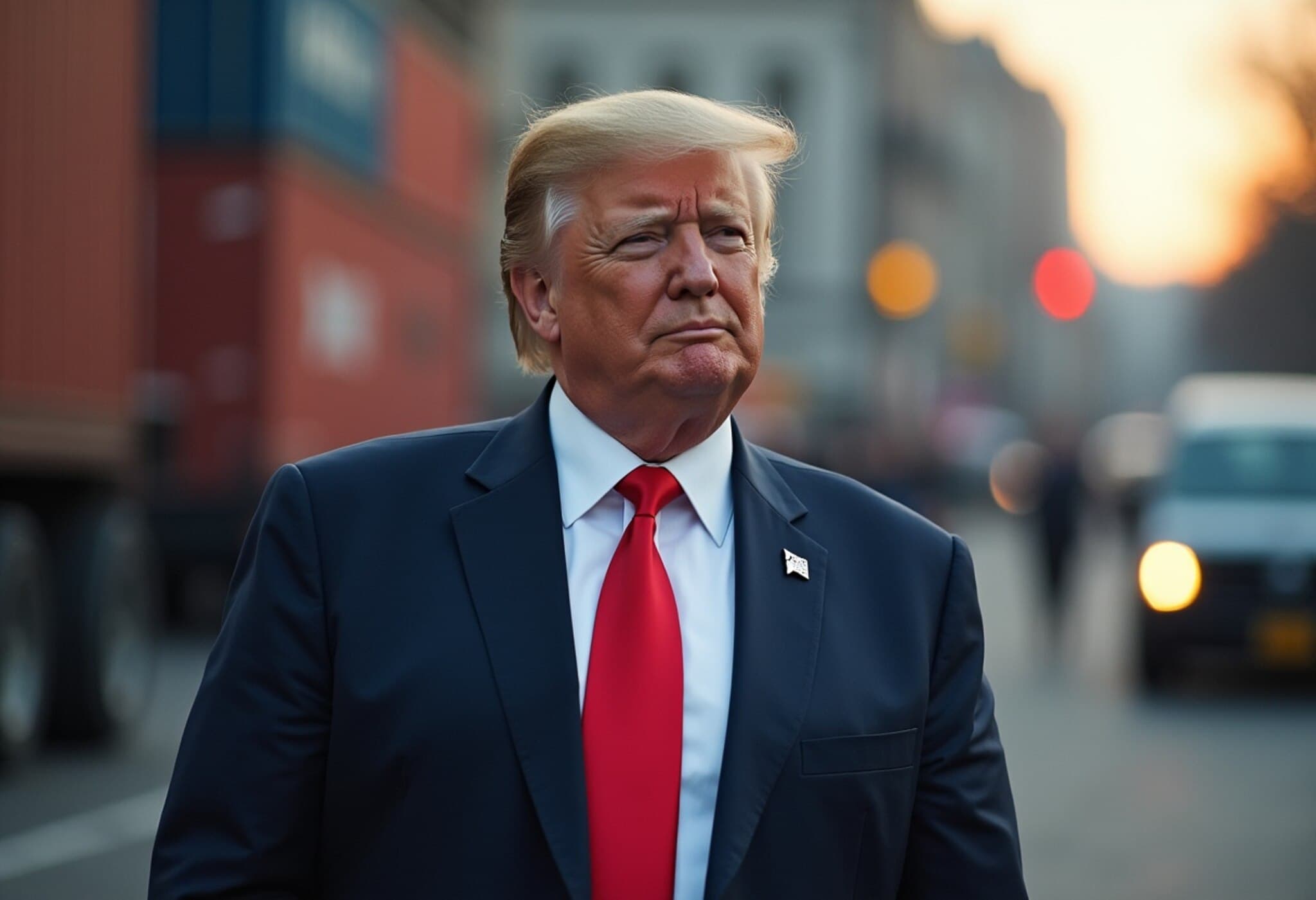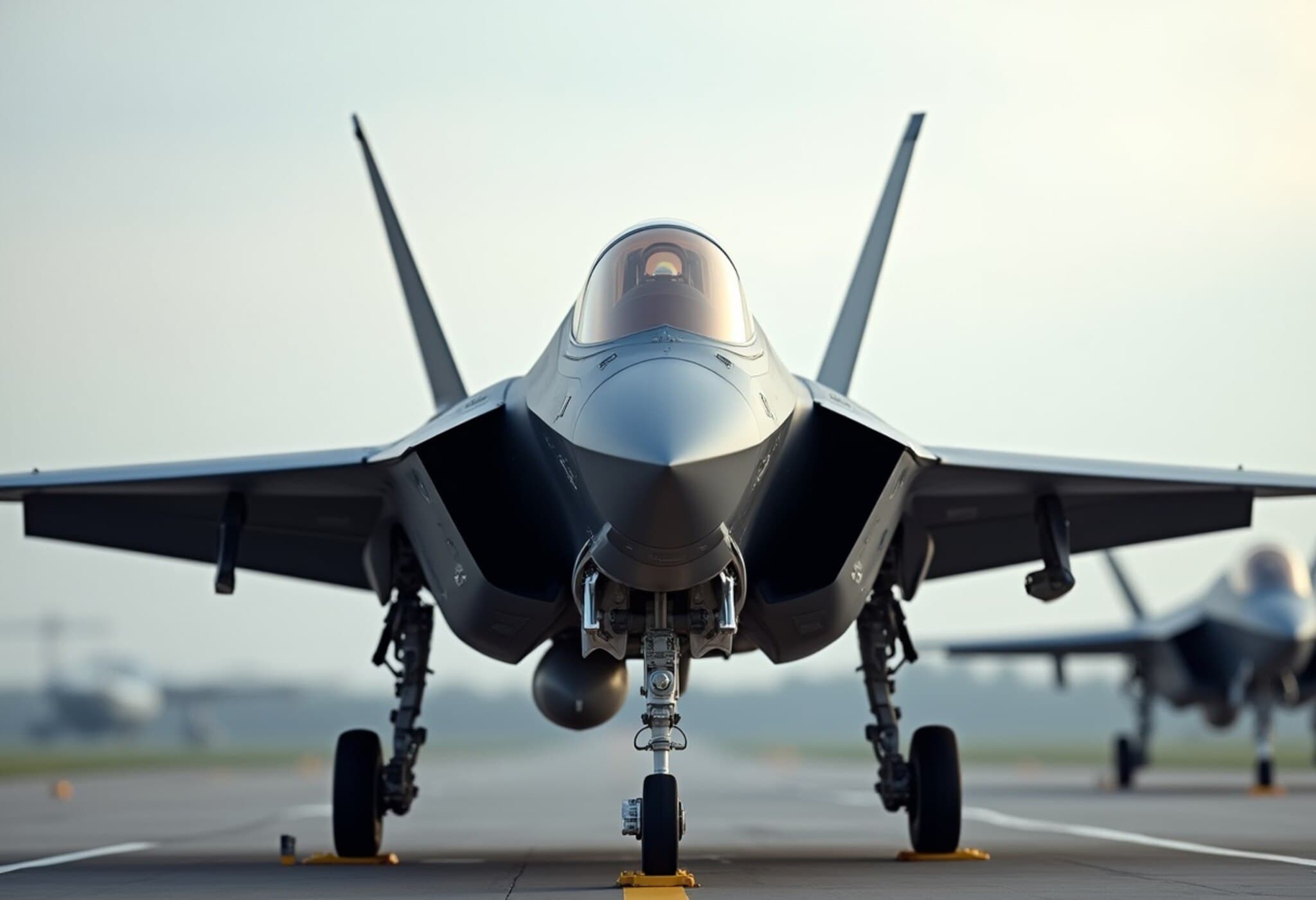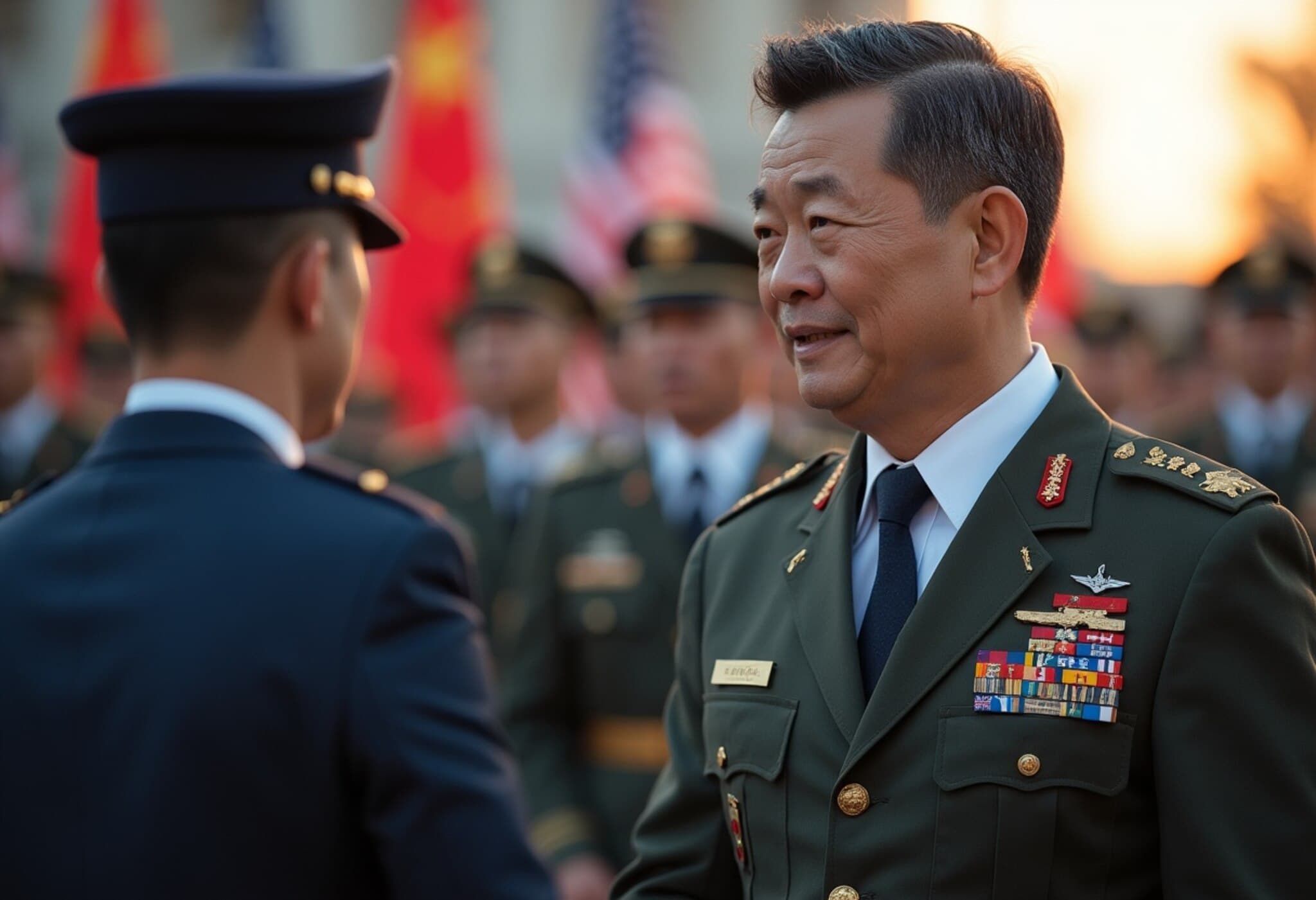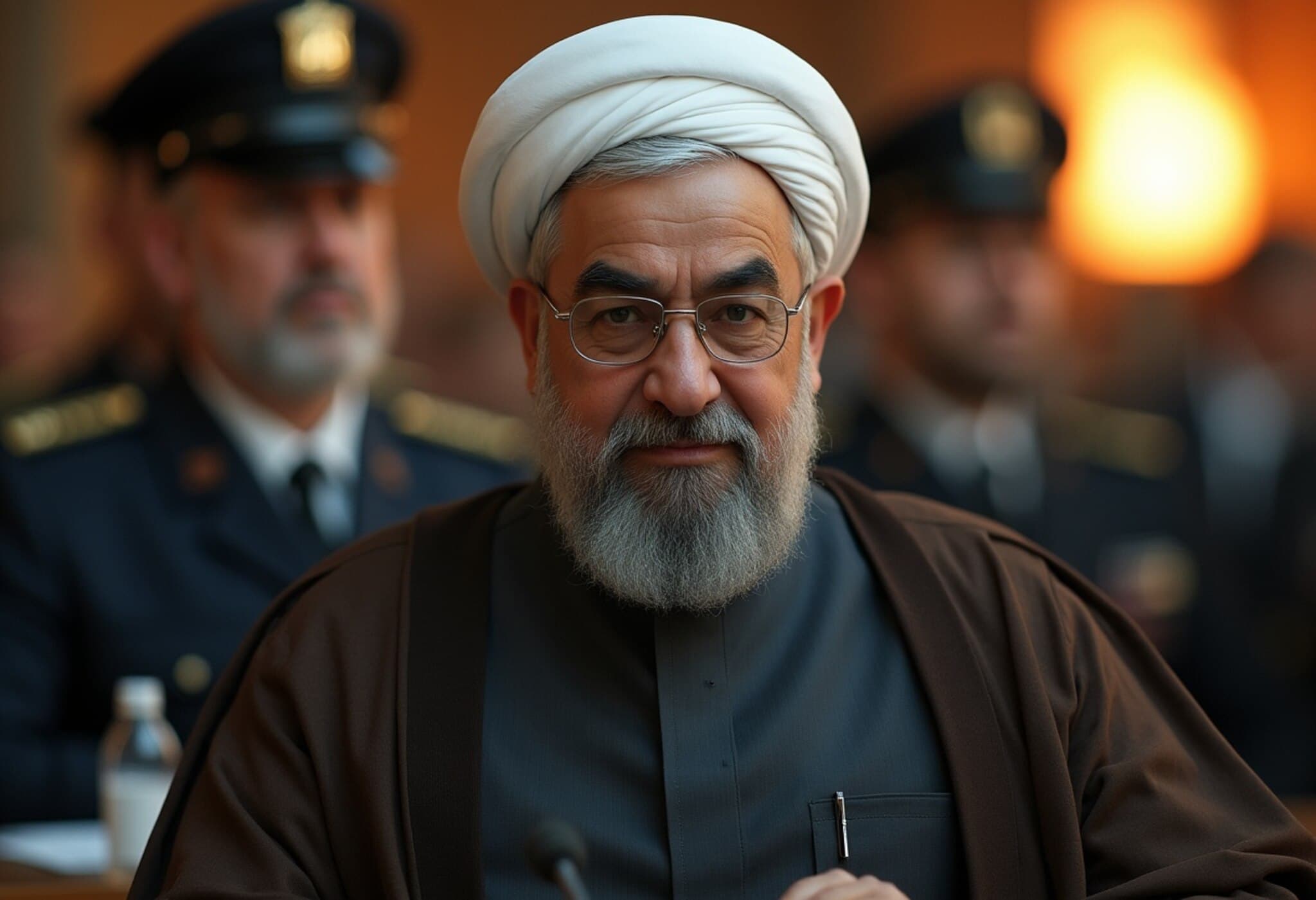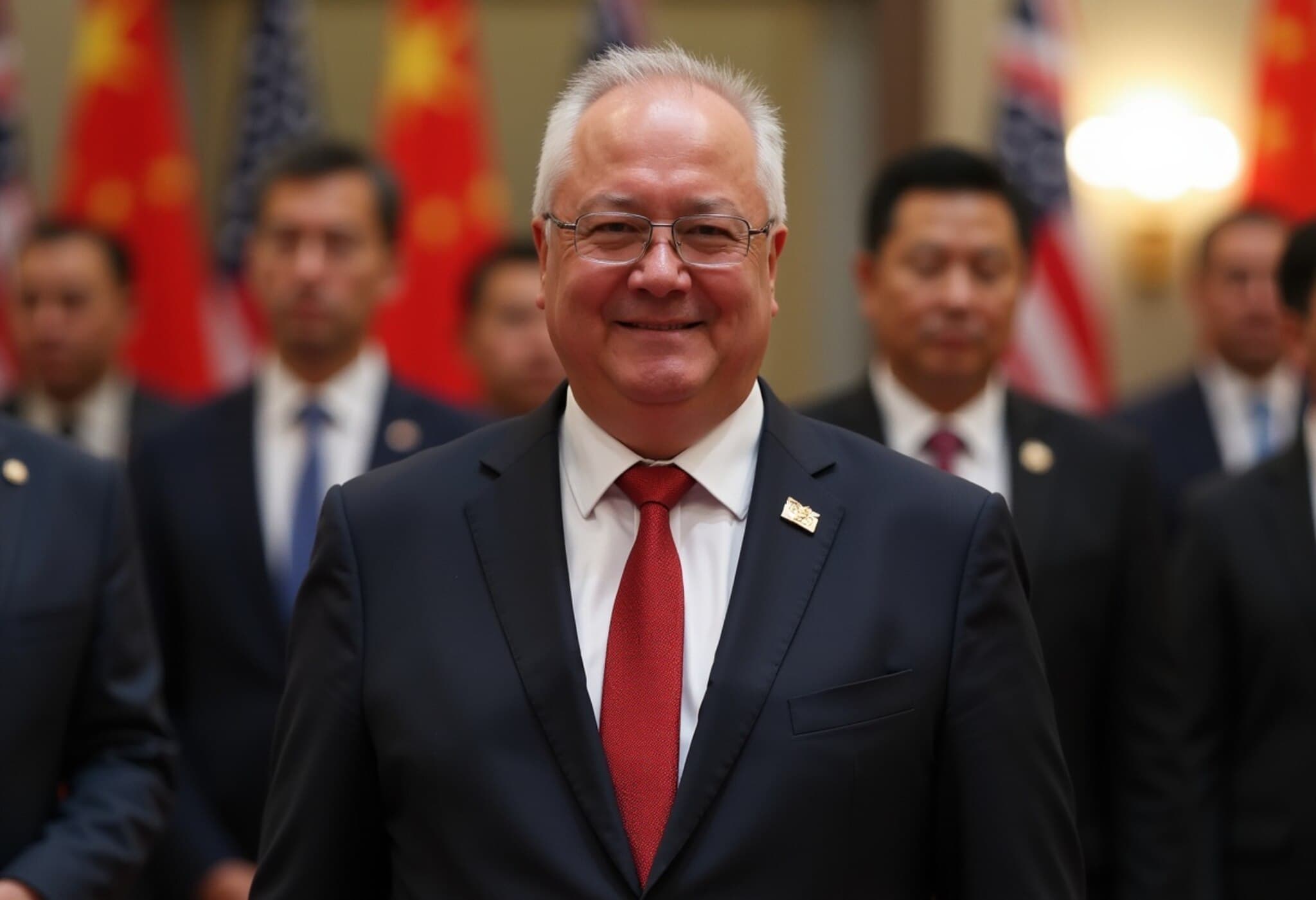India’s Growing Influence in a Multipolar Global Order
As the global geopolitical landscape shifts dramatically towards multipolarity, India is emerging as a pivotal player on the world stage. This was underscored by Singapore’s Minister for Foreign Affairs, Vivian Balakrishnan, who, after an extensive dialogue with India’s External Affairs Minister (EAM) S. Jaishankar, emphasized India’s ascending prominence as a key pole of opportunity in the evolving international order.
India-Singapore Relations: At the Core of the Act East Policy
During his recent visit to Singapore, EAM Jaishankar reaffirmed the island nation’s central position within India’s Act East Policy — a strategic framework aimed at strengthening ties with Southeast Asia to promote regional stability, economic growth, and cultural exchange. Singapore serves not only as a regional economic hub but also as a vital partner in India’s vision for deeper engagement with ASEAN countries.
Highlights of the High-Level Meetings
- Jaishankar’s meetings included talks with Singapore’s Foreign Minister Vivian Balakrishnan, President Tharman Shanmugaratnam, and Deputy Prime Minister Gan Kim Yong.
- Both countries agreed to hold the third India-Singapore ministerial roundtable soon in New Delhi to advance collaborative projects.
- Discussions reviewed the progress on initiatives launched during Prime Minister Narendra Modi’s state visit to Singapore in September 2024, where relations were elevated to a comprehensive strategic partnership.
Focus Areas Driving the Partnership Forward
Central to the dialogue were future-oriented collaborations in sectors critical to both nations' growth trajectories in the Indo-Pacific region, including:
- Investment and Infrastructure: Joint initiatives to develop industrial parks and enhance connectivity.
- Semiconductor Manufacturing: Recognizing the strategic vulnerabilities exposed by semiconductor shortages, cooperation aims to boost production capabilities.
- Skill Development: Programs to nurture talent adaptable to the technology-driven economies of tomorrow.
- Regional Security and Diplomacy: Aligning perspectives on ASEAN’s evolving role and broader Indo-Pacific dynamics.
Expert Insight: The Broader Implications for U.S. and Global Politics
The strengthening of India-Singapore ties strategically complements the broader geopolitical realignment in Asia, where nations are balancing China’s rising influence with diversified partnerships. For the United States, India’s enhanced engagement with ASEAN partners like Singapore underlines the ongoing effort to support a free, open, and inclusive Indo-Pacific region.
From a policy perspective, India’s rise as a “major pole of opportunity” provides a counterbalance to unilateral dominance, fostering a more stable and multi-centered international system. This development opens avenues for economic diversification, innovation, and shared security commitments among democratic nations.
Looking Ahead: What to Watch
- The upcoming third India-Singapore ministerial roundtable will be critical in translating discussions into actionable projects.
- Monitoring how semiconductor collaboration progresses could offer insights into the resilience of global supply chains post-pandemic.
- Regional responses within ASEAN to India’s expanding footprint may signal shifts in diplomatic alignments and economic priorities.
Editor’s Note
India’s strategic engagement with Singapore is more than bilateral diplomacy; it reflects a conscious recalibration of global power balances towards inclusivity and cooperation. As the world navigates the complexities of a multipolar order, India’s partnership with Singapore exemplifies how middle powers can leverage economic and geopolitical synergy to shape the future. Readers are encouraged to consider how these developments influence not only regional but global dynamics, including shifts in trade, security, and diplomatic frameworks.

